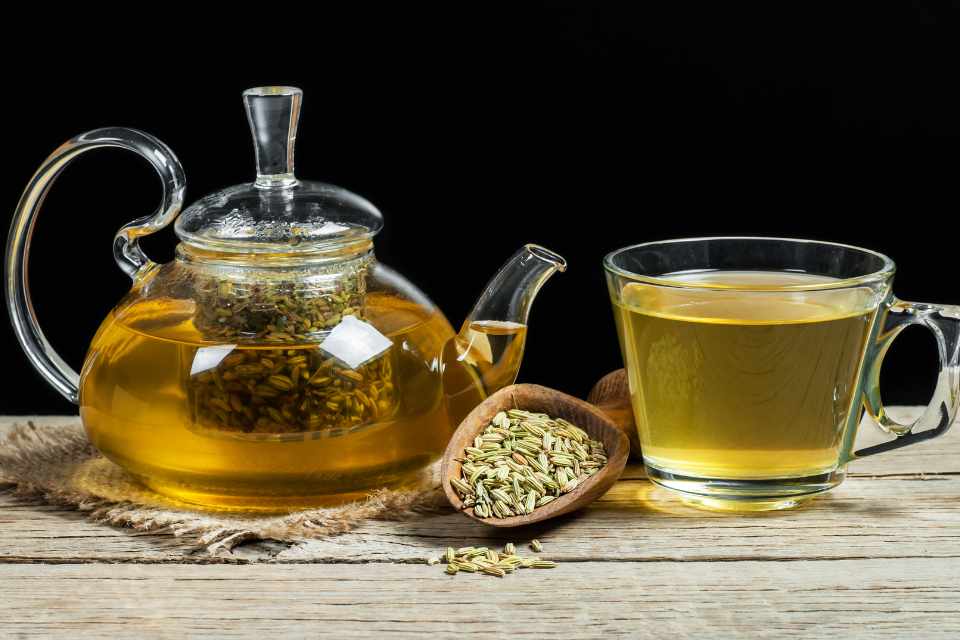If you struggle with symptoms of menopause such as hot flashes you are not alone. Changes in hormone levels can make you feel like you’re going crazy. Most women have at least some symptoms at this time. But, for up to 20% of women these are very distressing.
Symptoms during menopause
- night sweats and/or day sweats
- tiredness and problems sleeping
- emotional changes such as feeling more anxious
- cognitive changes such as brain fog
- joint pain
- vaginal dryness and loss of libido
And all this, lasting on average for four or five years.
Perhaps not surprisingly, many women choose hormone replacement therapy. They hope to prevent or delay the symptoms of menopause. Yet, hormonal treatments can have adverse side effects. These may include problems with sleeping, nausea, dizziness and fatigue. More importantly, hormone therapy increases the risk of breast cancer and deep vein thrombosis. So, some women avoid hormone therapy completely. They either put up with their menopausal symptoms or look for natural alternatives.
Recently there has been another ‘spanner in the works’, at least in the UK. The NHS has had trouble sourcing HRT patches for some women. In fact, these HRT patches may be out of stock for months. So, women relying on these prescriptions are either forced to switch or go without.
So, are there any alternatives that can help to relieve menopause symptoms?
See my other posts about herbal medicine and menopausal symptoms:
Herbal remedies to reduce menopausal hot flashes
Why its best to talk to a professional herbalist about your menopause
But now, I want to talk about a recent article in the prestigious British Medical Journal. This small study looks at the use of acupuncture for menopause symptoms.
Traditional acupuncture uses a holistic approach. This means that acupuncture treatments are specific to the patient. However, it is difficult to conduct clinical trials with this sort of treatment. So, studies use a standard treatment. Using the same acupuncture points for all those in the treatment group.
Women with moderate to severe menopausal symptoms took part in the study. 70 women, aged 40 to 65 were split into either a treatment or control group. Women in the treatment group were offered one acupuncture treatment per week for five weeks. These treatments I think were quite short, lasting only ten minutes. Whereas I usually leave needles in for around 40 minutes.
Women were asked to assess their symptoms at various points in the study. Before the first, after the second (week 3) and after the last treatment (week 6).
The symptom categories the women were asked about were:
- hot flushes
- night sweat and day sweats
- general sweating
- sleeping problems specific to menopausal symptoms
- emotional symptoms
- memory changes
- skin and hair symptoms
- physical symptoms
- abdominal symptoms
- urinary and vaginal symptoms
- sexual symptoms
- tiredness
The researchers say the first four categories most relate to menopause. While the remaining categories can relate to general ageing or life events.
After six weeks 80% of women reported benefits from acupuncture. None of them had any serious adverse effects. Though four women reported mild adverse effects. For instance, tiredness, headache, tingling or more frequent urination.
At weeks 3 and 6 there were improvements in hot flushes, emotional symptoms and skin and hair symptoms. And, at week six improvements in sweating, sleep problems, and physical symptoms.
The researchers say that acupuncture improved all the categories of menopausal symptoms. But, some of the other categories of symptoms did not improve. However, they explain that the treatment did not aim to alleviate these other symptoms.
The researchers say their trial supports acupuncture as a realistic option for menopausal symptoms. In particular, for women who cannot or do not wish to use hormone therapy.
In addition, personalising acupuncture might improve these results. It is likely that a holistic approach can achieve better results than in this trial.








0 Comments